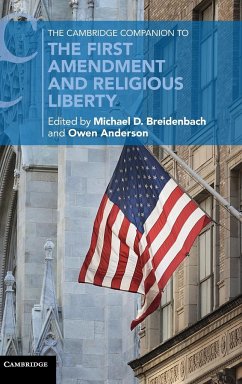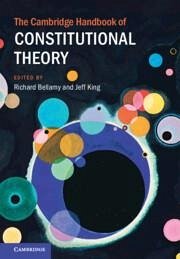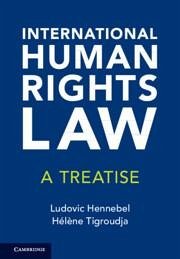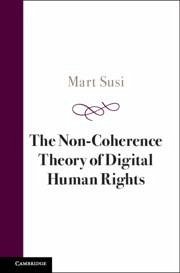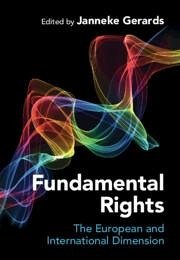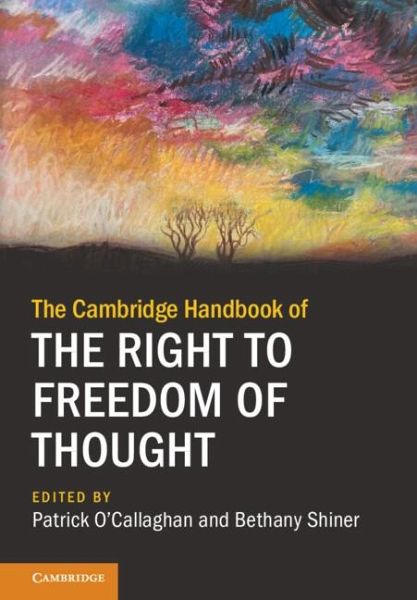
The Cambridge Handbook of the Right to Freedom of Thought
Versandkostenfrei!
Versandfertig in über 4 Wochen
169,99 €
inkl. MwSt.

PAYBACK Punkte
85 °P sammeln!
The right to freedom of thought features prominently in debates about emerging technologies including neurotechnology and AI, but there is little understanding of its scope, content or application. This handbook presents the first attempt to set out how the right is protected, interpreted and applied globally. Eighteen jurisdictions are examined along with chapters describing context-setting, interdisciplinary approaches, and close analysis of the right in relation to specific challenges and conceptual difficulties. Readers familiar with the right will discover fresh perspectives and those new...
The right to freedom of thought features prominently in debates about emerging technologies including neurotechnology and AI, but there is little understanding of its scope, content or application. This handbook presents the first attempt to set out how the right is protected, interpreted and applied globally. Eighteen jurisdictions are examined along with chapters describing context-setting, interdisciplinary approaches, and close analysis of the right in relation to specific challenges and conceptual difficulties. Readers familiar with the right will discover fresh perspectives and those new to the right will learn how it is part of the matrix of rights protecting autonomy, dignity, and privacy.






